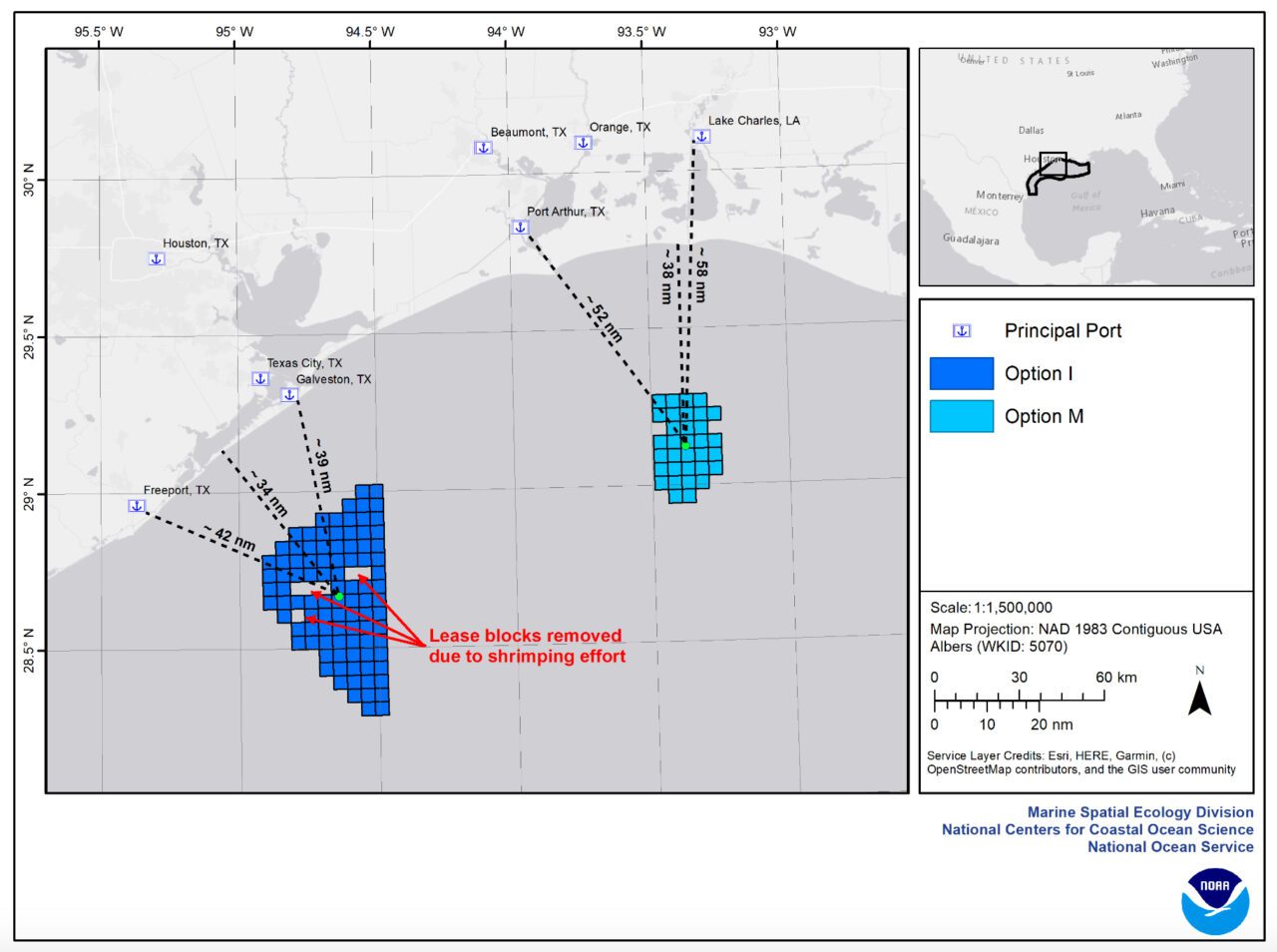[ad_1]
In the end, the eels were worth an estimated $160 million. Over four years, they trickled through U.S. seaports in 138 shipping containers that eight people were later accused of importing illegally.
In March, a grand jury indicted the CEO of American Eel Depot, a New Jersey company, along with three members of the staff and four business affiliates in association with the alleged crimes. U.S. attorneys charged that the eels—packaged and labeled as unagi—were illegally harvested as juveniles in Europe and Asia, then shipped around the world to disguise their origins. They were raised to adulthood in a Chinese fish farm and sent to the United States as purportedly legal fare.
Those 138 shipping containers represent just a tiny portion of the illegal seafood that is sold in America annually. According to a report by the U.S. International Trade Commission, illegal seafood accounted for $2.4 billion in sales in 2019, or nearly 11 percent of $22 billion in seafood imports that year. Should the allegations against American Eel Depot prove true, nabbing them is a coup for federal investigators, a rare win in an oft-elusive struggle to slow the speed of illegal, unreported, and unregulated (IUU) seafood coming through U.S. ports in huge volumes. It has been a problem for years, but legislation currently in Congress aims to advance efforts to curtail it.
“IUU fishing really undermines all of the progress the U.S. and other countries around the world have made in trying to more sustainably manage their fisheries to ensure that we have fish forever,” said Beth Lowell, who oversees campaigns to deter illegal fishing at the environmental nonprofit Oceana. “That’s of course important because of food security, coastal economies, and people rely on these fisheries for jobs but also for food.”
Lowell describes IUU this way: fishing without a permit, ignoring catch limits, fishing in restricted areas where marine wildlife is harmed or habitat destroyed, or fishing where there’s no regulation or reporting at all.
“Illegal fishing really undermines all of the progress the U.S. and other countries around the world have made in trying to more sustainably manage their fisheries to ensure that we have fish forever.”
The United States already restricts such abuse in its domestic fisheries. Ecologically speaking, they are among the most tightly regulated in the world, and national labor laws prevent the forced labor issues often tied to seafood elsewhere. But fishermen working in the U.S. regularly compete against ill-gotten—and often cheaper—imports. In 2016, the nation began implementing the Seafood Import Monitoring Program (SIMP) to help change that. SIMP creates a paper trail for certain seafood imports and tracks those fish from the docks, through distributors, and then to buyers. That documentation aids law enforcement and deters the sort of scheme prosecutors say American Eel Depot devised.
The SIMP, however, only targets 13 species groups. They’re the most frequently imported and illegally or mislabeled seafood in America—including tuna, shrimp, and Atlantic cod—but they represent only 45 percent of the nation’s seafood imports.
New legislation introduced last year by U.S. Representatives Jared Huffman (D-California) and Garret Graves (R-Louisiana) could expand the rules to all imported seafood, requiring importers to keep records about where fish were harvested and landed, and the chain of custody before they arrive in ports. The expansion would net hundreds of other species. The legislation also proposes to expand data requirements, establish seafood labeling, and beef up enforcement.
After initially stalling, the proposal became separate iterations of new bills in the House and Senate. The most viable is now the America COMPETES Act, which mostly pertains to manufacturing and has the best chance of becoming law, though both the House and Senate have passed versions of the bills. Efforts to reconcile both are now underway, but efforts to combat IUU fishing generally have strong bipartisan support in America—five of the last six presidential administrations supported efforts to keep IUU seafood out of the country. This latest effort has so far been hailed as a success by environmental and labor advocates. It also has support from domestic fishers and others in the seafood industry.
An Uneven Playing Field
Nathan Rickard is one such supporter. Rickard is an attorney who specializes in trade remedies for the Southern Shrimp Alliance. Right now, his is a big job. Eighty-five percent of seafood in America is imported, ripe for the illicit finfare that ends up in grocery stores, restaurants, and prepared foods. Rickard says shrimp make up 27 percent of those imports, which makes it hard for domestic shrimpers to make an honest living while they compete with cheaper, illegally gotten products. Every day for 19 years, Rickard has helped them push back against this illegal tide. And that’s how much effort it takes: every day for 19 years.
When something shows up at the border, he says, the ability to trace it back to the pond or boat that it came from “is going to be incredibly helpful in putting a measure of accountability in this industry,” he said.
Expanding the SIMP could make it easier, for example, to track imports from nations including China, India, Thailand, and Vietnam, which pay duties on certain shrimp products to make sure they don’t skirt the rules. Those duties help keep the playing field level with countries like China, which have given subsidies to shrimp producers, enabling them to land cheap shrimp in the U.S. market, bottoming out prices for domestic shrimpers.
A Shrimp Boat At Sunrise In the Gulf of Mexico
Those domestic shrimpers fish in small boats between the southeast tip of Texas and the outer banks of North Carolina. Their catch is capped to ensure the health of the species. They are also required to use technology that keeps turtles from being ensnared in their gear and to abide by a host of other rules the National Marine Fishery Service decrees. Those fishers’ landings are closely monitored to ensure compliance, and domestic fishing is also overseen by marine biologists that often ride aboard vessels, collecting data on fishing practices and the health of various species.
But those shrimpers must compete with Gulf shrimpers from Mexico, who don’t have comparable catch limits, have differing labor requirements, and aren’t required to turtle-proof their gear. And some of the farmed shrimp they’re competing against from abroad can not only harm mangroves and other sensitive ecosystems, it can also be tank-farmed in nations that do not regulate antibiotics or chemical use. Chinese aquaculture, for example, can often be identified simply by testing it for antibiotic residue, Rickard said.
[ad_2]
Source link















